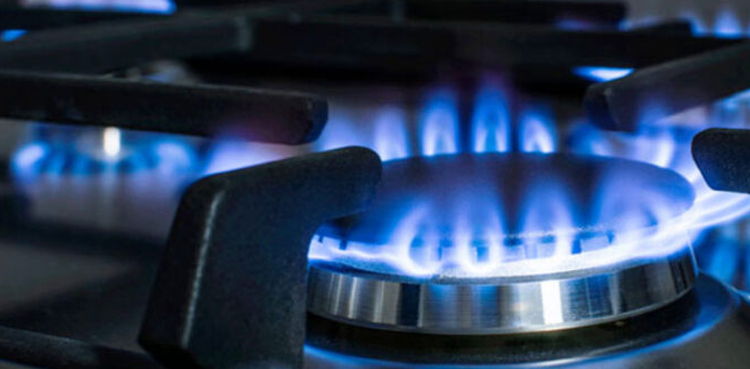Gas Shortages Grip Karachi and Rawalpindi Amid Pipeline Relocation and Liberalization

A temporary suspension of gas supply in parts of Karachi and a severe crisis in Rawalpindi are causing concern among residents and the government as pipeline relocation work progresses and a new policy to liberalize the gas market is implemented.
In Karachi, the Sui Southern Gas Company Limited (SSGC) has announced a temporary suspension of gas supply to parts of the city on December 14, lasting for 8 hours, due to the relocation of a high-pressure gas pipeline for the Bus Rapid Transit (BRT) project. The suspension will impact major facilities such as Agha Khan Hospital, Liaquat National Hospital, and Saylani Welfare Trust. The SSGC cited pipeline relocation as necessary for BRT project infrastructure improvements.
Meanwhile, Karachi is facing a severe gas shortage, with frequent cuts and low pressure disrupting daily life. Residents are resorting to expensive alternatives like LPG cylinders or tandoors, leading to widespread discontent. Political leaders have raised concerns about inequity in gas distribution, with local lawmakers condemning the situation and urging the government and SSGC to restore gas supply and ensure a fair distribution.
In Rawalpindi, a severe gas crisis reported in 70% of the city is affecting daily life and food supply. The situation is exacerbated by the government's decision to end the decades-long monopoly of Sui Northern Gas Pipelines Limited (SNGPL) and SSGC in the country's gas market. The government aims to liberalize the upstream oil and gas market, create a dynamic and competitive environment, and increase revenue for Exploration and Production (E&P) companies.
The new policy framework, approved by the Executive Committee of the National Economic Council (ECNEC), seeks to address the country's longstanding gas sector circular debt, which currently stands at PKR 900 billion. The approval is seen as a significant step towards modernizing Pakistan's energy market and ensuring a more sustainable and resilient economic future, with expectations of unlocking $5 billion in new investments in the oil and gas sector and attracting private sector participation.